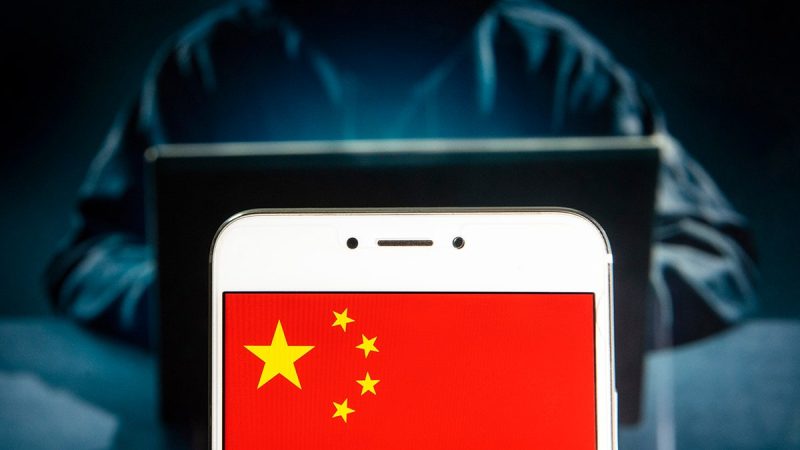Amidst the escalating tensions between the United States and China, lawmakers are renewing their efforts to counter the influence of the Chinese Communist Party (CCP) within the realms of the US government and technology sectors. By this measure, they aim to ward off the possibility of a potentially devastating cyber attack.
The CCP’s ability to infiltrate American technology and governmental systems represents an alarming concern, contributing to a spectrum of national security threats. These threats primarily revolve around the implications and risks of cyber espionage and a retreat from the principles of transparency, liberty, and democracy that hold the American socio-political fabric together.
The existing penetration of the CCP in the tech industry is worrying to national security agencies. Experts acknowledge that China’s ambitions in emerging technologies extend far beyond the parameters of collecting data or commercial competition; they possess inherent threats to democratic values. The CCP’s enormous leap in core technologies is marked by consistent surveillance of its citizens, a tight hold over information access, and systematic control under a guise of social order enforcement.
Key lawmakers across the partisan divide have expressed their concerns and discussed the need for stringent regulations. The legislative approach seeks to dilute CCP’s hold in American infrastructure with policy interventions and proactive vigilance to thwart potential cyber-attacks.
An example of the legislative measures includes a bill introduced by Senators Marco Rubio and Kirsten Gillibrand. This bipartisan bill sets out to establish a new Office of Critical Technologies & Security at the White House. The primary role of this office will be to coordinate efforts across federal agencies and develop a long-term strategy to protect against international security risks, particularly those originating from China.
Discussions on the high-risk implications of China’s omnipresence in the tech world have been prime narratives amid the security-centric discourse. For instance, companies like Huawei and ZTE are viewed under a lens of suspicion for links to the CCP. Accusations levelled against them involve surreptitious data siphoning to the Chinese government, ultimately spotlighting the complex mesh of economic, technological, and geopolitical dangers that are at stake.
Preparing for cyber-attacks is not a matter of choice but of necessity for the U.S in today’s interconnected world. There are valid concerns in the form of hacking attacks that can cripple critical infrastructure, disrupt supply chains, and sabotage national security. The increasing frequency of such incidents (employing tactics like ransomware, data mining, etc.) highlights the urgency to act strategically and respond to this new form of warfare.
The resistance to the Chinese Communist Party’s infiltration, however, is not merely about defending against potential cyber-attacks. It is intrinsically linked with upholding democracy, promoting transparency, and preserving critical technology sectors from being influenced by an authoritarian regime.
In conclusion, the current circumstances demand that American lawmakers be vigilant and proactive. Through legislative actions and greater regulatory scrutiny on companies harbouring potential threats, the United States can fortify itself against foreign influence, protect sensitive information, and safeguard its national security.






























